Buying a property in France is a relatively straightforward process. However, there are some differences compared to buying in your home country, and some things are done in a way you wouldn’t expect.
Therefore, it is important that you understand how property purchasing is done in France. Knowing from the start will ensure you don’t make a mistake in the process that could cost you dearly in the end.
Along with differences in process, there’s also the language barrier. It is said that if you have a basic knowledge of French, you’re in a more vulnerable position than if you have no French at all.
This is because the process is technically complex from a legal point of view, and it is better to have everything officially translated to ensure absolute understanding rather than relying on the assumption that you think you know what you’re signing.
Searching for a property in France
Property is advertised for sale through estate agents and notaries in France.
Using a property agent to find a property is a good idea, especially if you want an offbeat, idyllic location somewhere in the provinces. Finding a house for sale might be a challenge just because of the square miles you have to cover to see whether there are any.
A local property agent, on the other hand, will have a list of available properties and will help you make up a short list of those that might be of interest to you.
Another reason why working with an agent can be beneficial is that, as an intermediary, an agent can make sure a seller won’t ask for more money just because the buyer is a foreigner.
This, however, doesn’t necessarily mean that using an agent can save you a lot of money. Property agents in France can charge up to 8 percent in commission.
So, if sticking to a tight budget is one of your primary objectives, the best way to go is to search for yourself and to ask a French-speaking friend for help when it comes to negotiations.
Unlike in the UK, not using an agent is quite a common thing in France. Only about half of all property sales in France are made through property agents. However, when foreigners buy properties, the majority do use agents and notaires.
Working with a property agent (agent immobiliser)
Law regulations concerning property agents are pretty strict in France. Agents must be professionally qualified and have indemnity insurance.
Qualified agents must have a special license – carte professionnelle. This officially gives them the right to operate a property agency. The license needs to be renewed annually and must be produced for anyone who asks to see it.
Licenses are issued if all of the following conditions are met:
- An agent produced evidence of their professional competence (a degree in French property law and/or practical experience in the field over a period of time);
- An agent has professional indemnity insurance coverage;
- An agent has a financial guarantee.
You should ask an agent for their carte professionnelle before entering into any agreement with them.
A property agent’s financial guarantee – what it is and why it is important
Property agents in France can hold your deposit when you sign a contract to buy a property.
However, they are only allowed to hold deposits from buyers that (in total) don’t exceed the amount of their financial guarantees.
Just like their carte professionnelle, agents should disclose their financial guarantee to customers. If the guarantee is small, it might be a sign that the agent has been in some kind of trouble in the past.
How to check whether your agent is properly regulated and compliant
In France, property agents must display the following credentials in a visible place in their office:
- The number of their license (carte professionnelle), the name (or the trading name) and address of the agent;
- The amount of their financial guarantee and who has granted it. As guarantees are usually given by banks, these details should include the issuing bank’s details.
The same information must also appear on all business letters, official papers, and business cards.
Property agents’ commissions in France
In France, it’s usually the buyer, not the seller, who pays a commission to the property agent.
However, even if it appears that the seller is paying the commission, in many cases, this commission has already been added on top of the price the seller requested. So, in the end, you, as a buyer, will still be paying the commission.
The commission varies between 5 and 8 percent. Make sure to ask whether VAT is included. If not, add 20 percent of the commission to the final commission charge.
Working with a notaire
A notaire is a person qualified in the French legal system. They can also be property agents.
They legalize property purchase transactions and provide security to the contracts they supervise.
A notaire must hold indemnity assurance, which provides a financial guarantee to the client.
It makes sense to appoint your own notaire to act for you in the transaction rather than having the same notaire acting for both the buyer and the seller of the property.
Although it’s true that your notaire must act in your interests, they are not obliged to provide and verify everything you need to know about the property.
They are responsible for preparing the various documents, confirming the seller’s title to the property, checking that there are no existing mortgages on the property, the final conveyance, and the registration.
However, they do not verify or guarantee the accuracy of statements made by the seller in a contract or protect you against fraud.
If you have any other enquiries to make, you have to do it yourself or appoint a specialist property lawyer.
Legal advice
A notaire’s main role is to ensure any contract you sign has legal weight. This doesn’t mean, however, that your notaire will necessarily protect your rights or interests.
A notaire doesn’t usually go through your contract to ensure there are no possible pitfalls in it. They won’t actively voice advice or give you any information.
If you need proper legal advice concerning your property purchase, it’s a good idea to find a property lawyer who can look at the contracts you are signing. The benefit is that they will be working in your best interests.
Make sure your lawyer speaks both French and English fluently and is an expert in French property law.
It’s only sensible for any foreign buyer to have independent legal representation for the sale and to have everything translated before signatures are offered. This adds a cost to the purchase, but it significantly reduces the overall risk associated with buying a property in France.
The step-by-step process when buying a property in France
Making an offer
If you like a property you have viewed, you can make a verbal or written offer to buy. However, such an offer is legally binding, so only make your offer with any required conditions laid out in full.
When making an offer, it’s sensible to do so in writing (offre d’achat), and to include a statement saying the sale is conditional on the preparation of a sale and purchase contract, in which all the conditions will be elaborated upon.
Cooling off period
Once your offer is accepted and the sale and purchase contract prepared, the law gives you a seven-day cooling-off period, during which you can withdraw from the contract without any penalty.
Do not pay any money, not even a deposit, until this period has ended, and certainly not when making an offer on a property.
The deposit is payable when, after the seven days cooling-off period, you sign the sale and purchase agreement.
Doing surveys
In France, having a ‘sold subject to survey’ clause in the contract is not the norm.
There are certain obligatory surveys that the vendor has to have done and provide to you; these are collectively called the Dossier de Diagnostic Technique (DDT).
These do not remove your own need to get surveys done. You will need to have these done before signing the contract.
Signing the contract
You will then either sign a Promesse de Vente or a Compromis de Vente. The Compromis is increasingly being used and is preferable because there’s a reciprocal obligation in the contract.
Ensure your contract contains all the conditional clauses you require, like getting a mortgage, checking planning permissions, access, easements, etc. This is where independent legal advice can be very handy.
Once you have signed the contract, you are obliged to buy the property, subject to any conditions that are included in the contract.
Be certain that you want to go ahead and that the contract is correctly phrased, including all your personal conditions, before you sign.
Putting funds in place
Before you can complete, your notaire will need to have all the purchase funds in place. You can either transfer funds directly from your bank to the notaire’s client account or pay by cheque.
Leave plenty of time for your money to be processed and cleared.
If you’re buying using a mortgage, your lender will arrange to transfer funds to the notaire.
While you don’t need to have a local bank account to buy a property in France, you will definitely need it to connect your property to the services.
Make sure you have a French bank account ready by the time you sign the deed of sale; it is necessary for direct debits for electricity, telephone, internet, and home insurance at a minimum.
Signing the deed of sale
Your sale contract will contain a clause stipulating a date by which completion should take place when the deed of sale will be signed.
If this date passes without the signature of the deed of sale for some reason, then depending on the reason for the delay, the aggrieved party could, in theory, claim damages and even seek enforcement of the contract. Therefore be mindful of keeping to the terms of the contract.
When the deed of sale is signed following the transfer of funds, the notaire will give you a certificate of purchase (called an attestation). You will need this to get the utilities switched into your name.
You should also get a receipt for the money paid to the notary.
Shortly after the transfer of the property, you will receive your copy of the deed of sale, along with a statement of all fees and costs paid and incurred.
Costs and fees
Round-trip property costs in France are high – at worst, they reach 28.99 percent. As a buyer, you’ll be liable for between 6.1 and 22.99 percent. The highest fees are paid to your notaire and are set in law.
If possible, ensure you understand all the fees well in advance – even before making an offer to buy. You have to be certain that you can afford to buy your dream home before committing to it.
You might find useful:
- Living In France Guide – everything you need to know to plan your move and settle down in France;
- The Best Places to Live in France – a detailed overview of France’s most popular locations for expats.


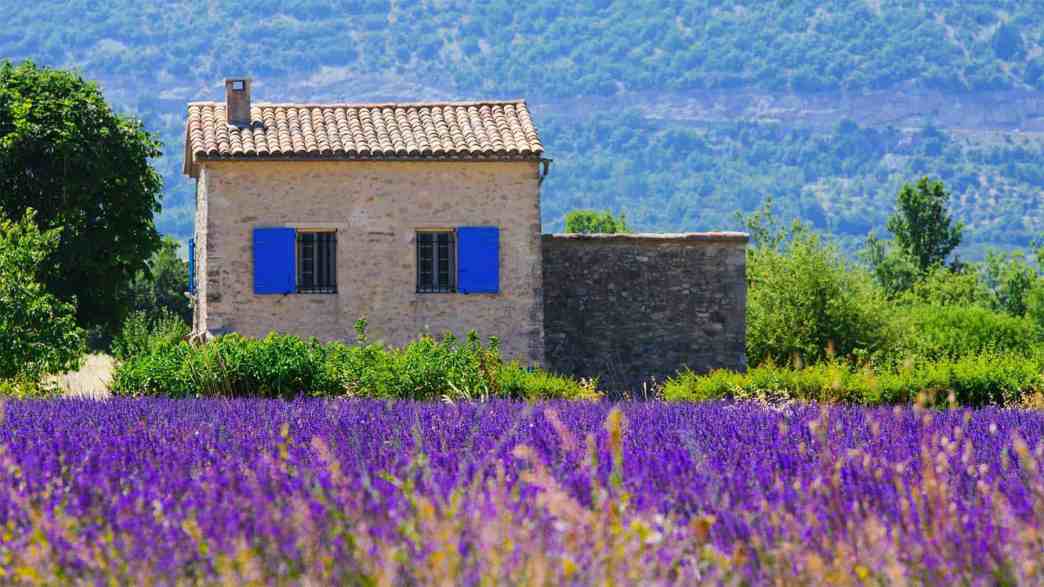
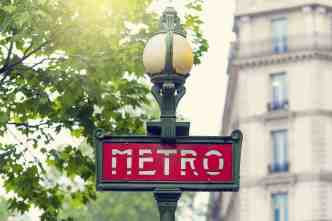
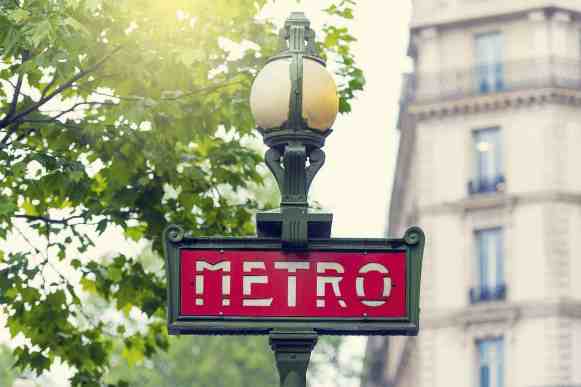
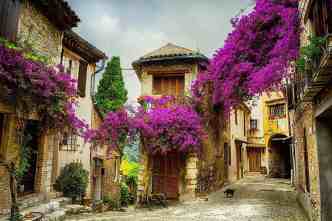
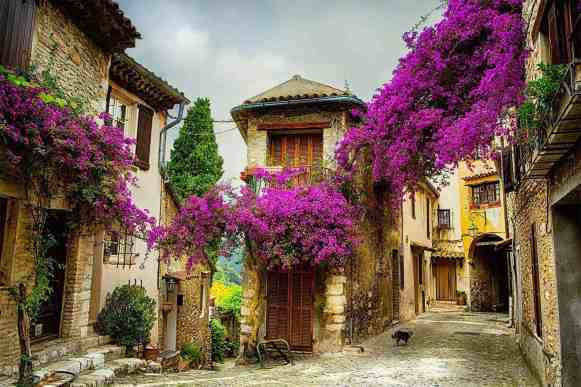


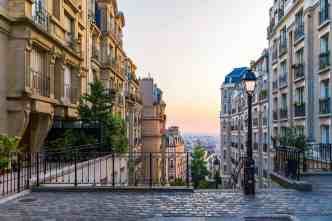
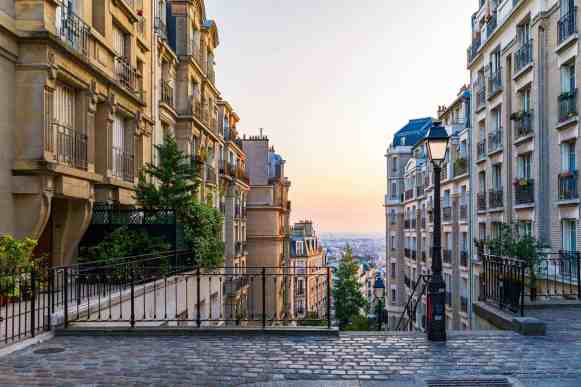


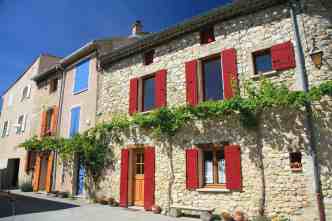
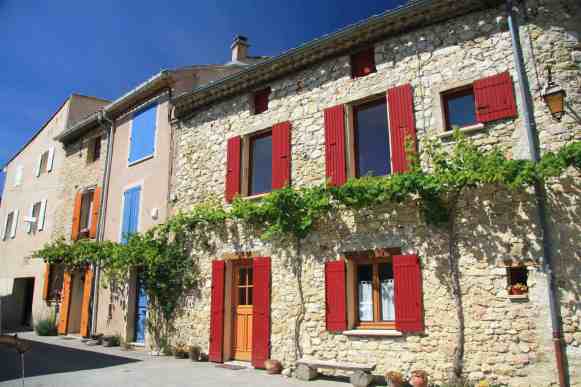
Hello, I understand there is now a new tax of 60% of the total value of the property that I would have to pay on the house purchase ie property valued at £100k would incur an additional tax payment of £60k. Is this correct please?
Hi Greg, yes, there are some changes to the local tax in France. Taxe d’Habitation will no longer apply for primary residences, however, it will continue to be applied to second homes and vacant properties. Local authorities are now given permission to increase this tax. The increase is not based on the property value. It’s the Taxe d’Habitation rates that can be increased between 5 and 60% if your propetry is a second home/holiday home.Hope this helps,
Very good and informative content. However I have a query which I hope you can answer. Any property which I would buy in France I would probably have to run as a guest house to supplement my income from a state pension. If I opened the house as a guest house what would this involve to administrate? By this I mean do I have to forma company and register for national insurance contributions? Or can I operate on a casual. basis as it would run seasonally. Or is it a case of just use the house as a guest house and submit a tax return with the income declared. Or can you steer me in the right direction to the answers?
Hi Sonnie, sounds exciting! I think, this might help answer your questions: https://www.startbusinessinfrance.com/blog/post/how-to-declare-your-gite-in-france
Best of luck with your project